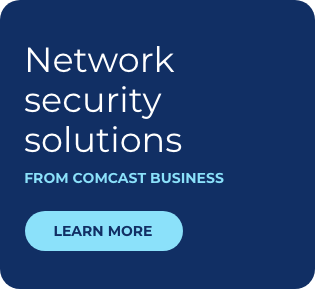Cybersecurity Tips: Keys for Stronger Passwords and Authentication

Would you leave the front door of your home unlocked at night? Probably not.
For the same reasons you secure the things most valuable inside your home, it has never been more important to lock down your online accounts. Whether it’s your bank account, 401k, social media, email, or sensitive files stored in the cloud, it’s your responsibility to install the digital locks that will stop cybercriminals from stealing and profiting off your data.
The keys to securing your accounts and data are stronger passwords and authentication. Here are some essential tips:
You lose when you reuse – Never use the same password across multiple accounts. If cybercriminals were to obtain your username and password, then they would likely try that same set of credentials on multiple sites. Avoid this type of cyberattack by using different passwords on all your accounts.
Password managers are your friend – Consider using a password manager. Most popular mobile devices and browsers have native password managers built into them, so using one has never been easier. Password managers automatically create unique and complex passwords and then securely store them, so you don’t have to memorize them.
Passphrases take the complexity out of memorizing passwords – Passphrases are the strongest forms of passwords. While many online services require passwords to include uppercase/lowercase letters, numbers, and symbols, it’s actually the overall length of the password that makes it secure. An easy way to make your passwords longer is to use a string of words. Examples: “iamwalkingonarainbow” or “ifeedmydogtwotimesaday”
Turn on multi-factor authentication (MFA) – Whenever an online service or app offers MFA, you should enable it to add an extra layer of protection against cybercriminals. MFA most often works by texting or emailing you a one-time passcode to sign into your account.
Use public devices with caution – If you need to use a public computer (e.g., at the library or the print shop), make sure you sign out of email or any other account you may have accessed.
Passwords are like toothbrushes – Don’t share your passwords with anyone, including a family member, a trusted friend or even your boss. Also, never write down your passwords on a post-it note or let someone snoop over your shoulder when typing in a password.
The volume of cybercrime and data breaches continue to grow, and there can be a high cost in terms of money and time if one of your accounts gets hacked. Use stronger password and authentication to protect your valuable data and keep the cybercriminals locked out.
Whether it’s costly malware, ransomware, bots, or a phishing attempt, small businesses need to implement cybersecurity measures that include anti-virus programs, firewalls, and network security solutions that proactively help protect all devices connected to your network. See how Comcast Business SecurityEdge™ can help protect the Internet-connected devices that employees and guests use every day.
Secure your online accounts and fend off cyber criminals with these key tips.
Locked Content
Click on the button below to get access
Unlock NowOr sign in to access all content on Comcast Business Community
Learn how Comcast Business can help
keep you ready for what's next.










